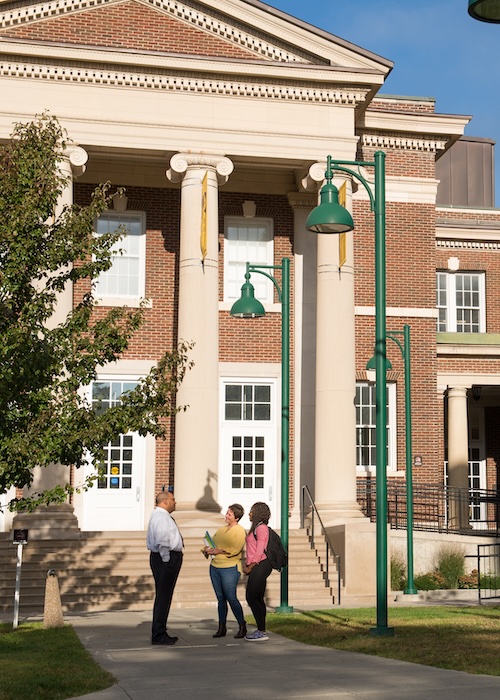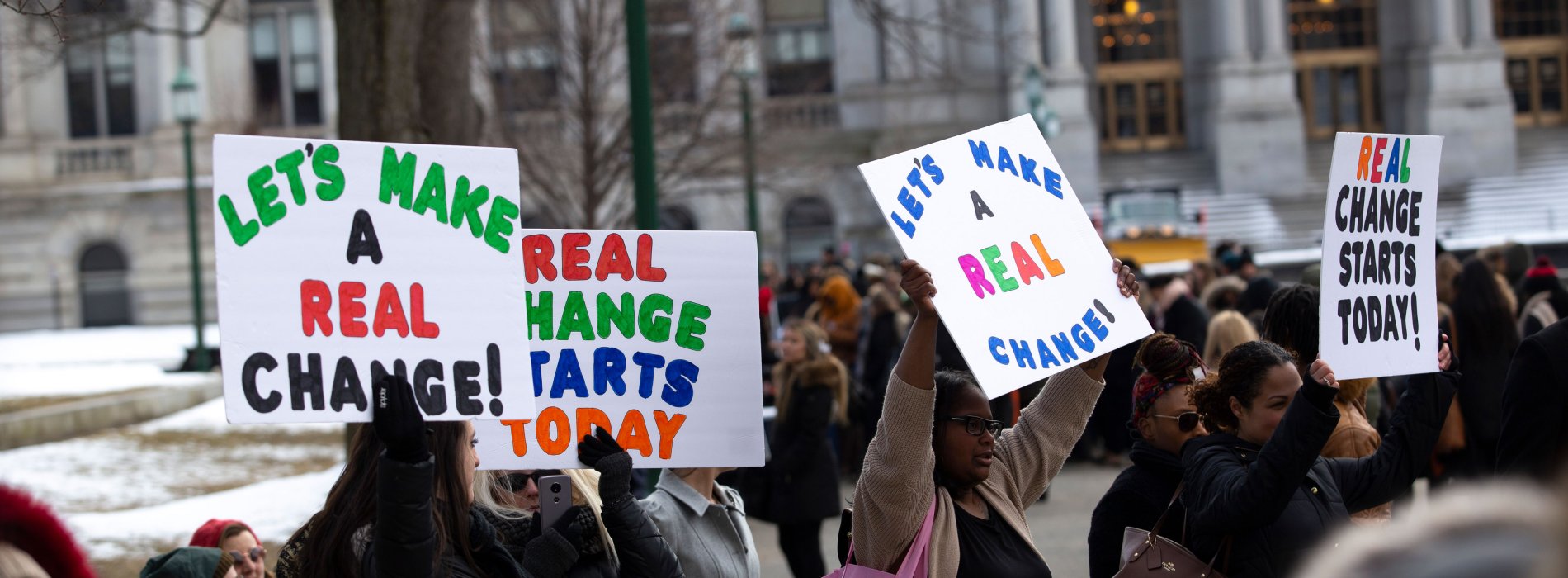We are delighted that you are considering the University at Albany School of Social Welfare for your MSW. On behalf of the Dean, Director, our faculty, staff and current students, welcome!
The Part Time MSW program will be challenging but exciting. To help you plan for the MSW program, this website will provide you with information regarding registering for courses, field practicum, funding opportunities and more. Please be sure read the material carefully and bookmark this page.
- March 25, 2026 - Accepted Students Day, 4:30 to 6:30 p.m.
- April 1, 2026 - Registration for Fall Classes begins at noon
- May 19,2026 Exemption Exam, TBD
- August 20, 2026 - All School Orientation begins at 9 a.m.
- August 20, 2026 - Exemption Exam, TBD
- August 24, 2026 - First day of the Fall 2026 semester
For more information, see the Fall Academic Calendar.

Curriculum
The curriculum is designed for students to gain a generalist perspective. This perspective is essential to 1) assess and address social needs, and 2) to help individuals, families, groups, and communities develop and function effectively. The generalist perspective fosters:
- An eclectic theoretical grounding within a systems framework for assessing multiple points and levels for potential intervention.
- The need for effective multi-level interventions which may focus simultaneously on individuals, families, groups, communities, or organizations and society
- Multi-system and multi-level interventions, using an evidence based and outcomes oriented planned change model.
Part-time Program for the Master of Social Work (MSW)
Generalist Courses
Fall 1
- SSW 604 Social Justice and Social Work (3 credits)
- SSW 610 Human Behavior and Social Environment I (3 credits)
Spring 1
- SSW 600 Social Welfare Policy Practice (3 credits)
- SSW 611 Human Behavior and Social Environment II (3 credits)
Summer 1
- SSW 605 Integrated Theory and Practice (ITP) I: Foundations (3 credits)
Fall 2
- SSW 606 Integrated Theory and Practice (ITP) II: Engagement and Assessment (3credits)
- SSW 650 Field Instruction I (2 credits)
- SSW 550 Learning Community I (1 credit)
Spring 2
- SSW 607 Integrated Theory and Practice (ITP) III: Collaborative Planning & Intervention (3 credits)
- SSW 651 Field Instruction II (2 credits)
- SSW 551 Learning Community II (1 credit)
Summer 2
- SSW 660 Integrated Theory and Practice IV: Research and Evaluation (3 credits)
Fall 3
- SSW 7xx Advanced Practice Area 1: Advanced Practice with Individuals, Families and Groups (3 credits)
- SSW xxx Advanced Practice Area 3: Advanced Research (3 credits)
Spring 3
- SSW 7xx Advanced Practice Area 1: Advanced Practice with Individuals, Families and Groups (3 credits)
- SSW 7xx Advanced Practice Area 2: Advanced Practice with Communities, Organizations and Systems (3 credits)
Summer 3
- SSW 7xx Advanced Practice Area 1: Advanced Practice with Individuals, Families and Groups (3 credits)
Fall 4
- SSW 7xx Advanced Practice Area 1: Advanced Practice with Individuals, Families and Groups (3 credits)
- SSW 752 Field Instruction III (3 credits)
Spring 4
- SSW 7xx Advanced Practice Area 1, 3 or elective (3 credits)
- SSW 753 Field Instruction IV (3 credits)
Summer 4
- SSW xxx Advanced Practice Area 1, 2 or elective (3 credits)



